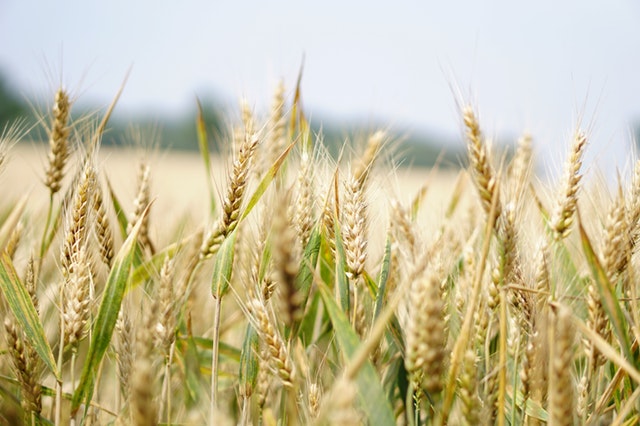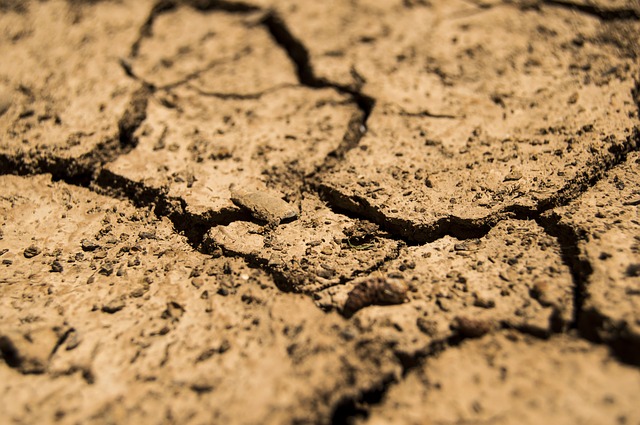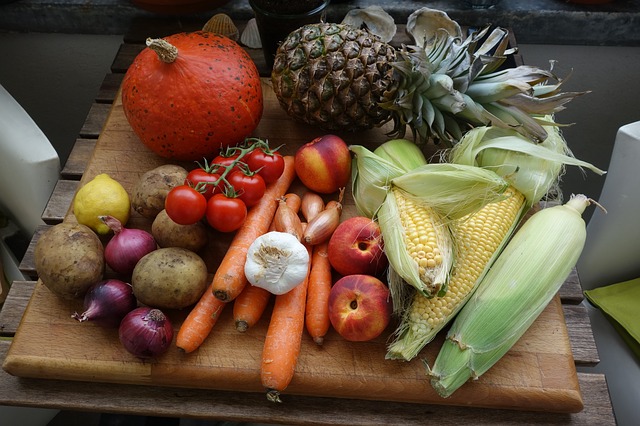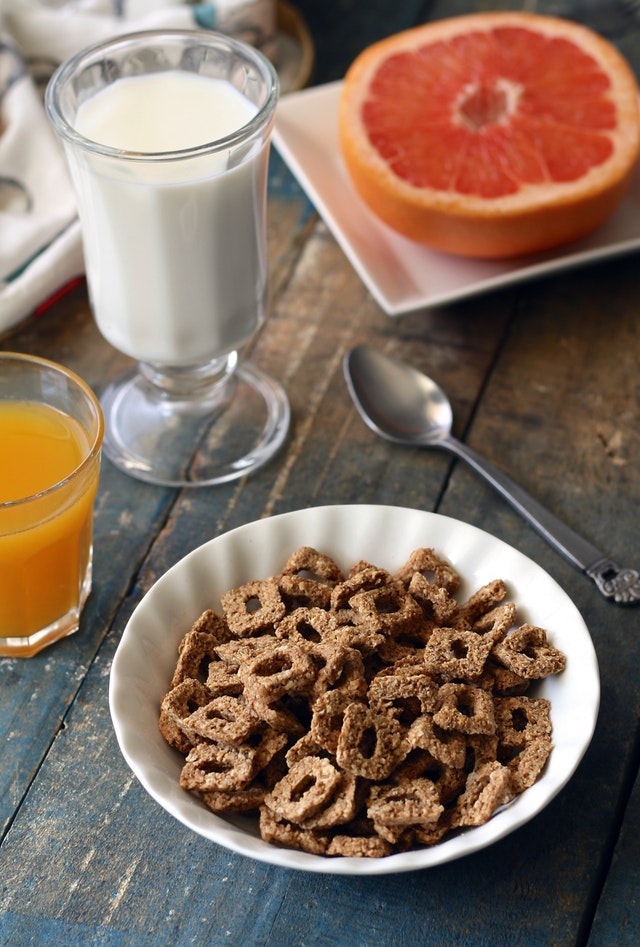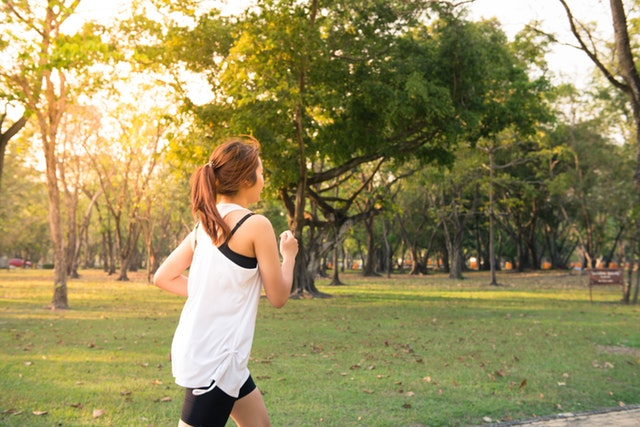No one likes to talk about it, but everyone deals with constipation at one time or another. The good news is that there are a few simple changes that you can make to help your digestive system run smoothly.
In order to help prevent constipation, it’s important to understand what exactly happens in your digestive tract. When we eat food, it passes through our digestive tract and the water from the food we eat is absorbed; what is left forms into stool. Your muscles then work to move the stool through your colon and rectum. Sometimes, this movement can slow down and your colon can draw out too much water, leading to a stool that is dry and hard to pass.
If your constipation symptoms are severe and constant, it’s important to check with your doctor. But in most cases, constipation is just a sign that your diet needs more fiber. Below are a few tips to help keep you regular:
Incorporate more fruits & vegetables: According to the USDA’s Dietary Guidelines for Americans, women ages 31-50 are advised to eat at least 25 grams of fiber daily, while men in the same age range are advised to eat about 31 grams of fiber daily. Try to choose fruits and vegetables with peels or skins on them, as this carries the most fiber. Whole fruits such as plums, pears, and apples make a filling snack and are packed with pectin, a naturally occurring fiber.
Choose whole grains: Whole grains are complex carbohydrates packed with dietary fiber. Always look for the word “whole,” as certain breads may just be made from enriched flour and not necessarily whole grains. You can fit fiber into every meal of the day. For example, rye bread, oats, and bran make delicious breakfast options. For lunch, try experimenting with ancient grains such as barley, farro, and quinoa. Air-popped popcorn is a great low-calorie, fibrous snack. And brown rice or whole wheat pasta makes a nice alternative to regular potatoes or white rice at dinner. Try your best to choose foods with 3 or more grams of fiber per serving.
Stay hydrated: When adding more fiber to your diet, it is important to do it gradually and also to drink enough water throughout the day. Extra fluids help to keep your stool soft and make it easier to pass. Water requirements are different for us all, but 8 cups a day is a good goal for the average healthy person. You can talk to your doctor to see how much water is best for you. You can try to infuse water with fresh fruit or herbs for more flavor.
Amp up the exercise: Physical activity can stimulate motility in the body and decreases the time it takes for food to move through the large intestine. Plus, exercise has a slew of other health benefits such as preventing chronic disease. Make a point to set aside some time for formal exercise; walking after dinner in the evenings can be a great start. Then, try to incorporate running, jogging, swimming, or other forms of physical activity.
